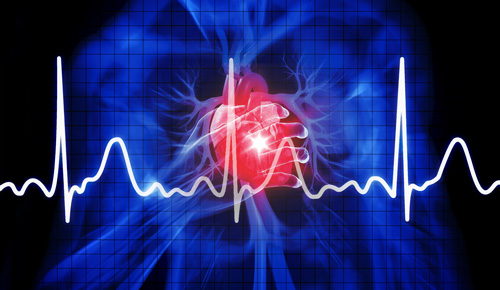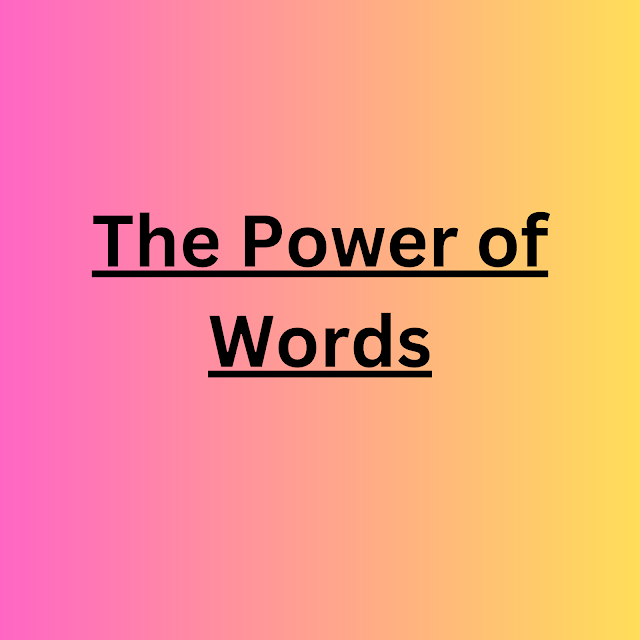Sudden cardiac arrest versus a Heart Attack
The heart has an internal electrical system that controls the rhythm of the heartbeat. Problems can cause abnormal heart rhythms, called arrhythmias. There are many types of arrhythmia. During an arrhythmia, the heart can beat too fast, too slow, or it can stop beating. Sudden cardiac arrest (SCA) occurs when the heart develops an arrhythmia that causes it to stop beating. This is different than a heart attack, where the heart usually continues to beat but blood flow to the heart is blocked.
There are many possible causes of SCA. They include coronary heart disease, physical stress, and some inherited disorders. Sometimes there is no known cause for the SCA.
Without medical attention, the person will die within a few minutes. People are less likely to die if they have early defibrillation. Defibrillation sends an electric shock to restore the heart rhythm to normal. You should give cardiopulmonary resuscitation (CPR) to a person having SCA until defibrillation can be done.
If you have had an SCA, an implantable cardiac defibrillator (ICD) reduces the chance of dying from a second SCA.
Sudden cardiac arrest versus a Heart Attack
Most people do not know the difference between SCA and a heart attack. Because time is crucial to saving someone who is having a sudden cardiac arrest, it is important to understand the difference.
Although a heart attack can lead to a cardiac arrest, they are not the same thing.
A heart attack is a sudden interruption to the blood supply to part of the heart muscle. It is likely to cause chest pain and permanent damage to the heart. The heart is still sending blood around the body and the person remains conscious and is still breathing.
A cardiac arrest occurs when the heart suddenly stops pumping blood around the body. Someone who is having a cardiac arrest will suddenly lose consciousness and will stop breathing or stop breathing normally. Unless immediately treated by CPR this always leads to death within minutes.
A person having a heart attack is at high risk of experiencing a cardiac arrest.
Both a heart attack and a cardiac arrest are life-threatening medical emergencies and require immediate medical help.
Symptoms
Sudden cardiac arrest symptoms are immediate and drastic and include:
•Sudden collapse
•No pulse
•No breathing
•Loss of consciousness
Sometimes other signs and symptoms precede sudden cardiac arrest. These may include fatigue, fainting, blackouts, and dizziness, and chest pain, shortness of breath, weakness, palpitations or vomiting. But sudden cardiac arrest often occurs with no warning.
Causes
The most common cause of cardiac arrest is an arrhythmia called ventricular fibrillation — when rapid, erratic electrical impulses cause your ventricles to quiver uselessly instead of pumping blood.
Most of the time, cardiac-arrest-inducing arrhythmias don't occur on their own. In a person with a normal, healthy heart, a lasting irregular heart rhythm isn't likely to develop without an outside trigger, such as an electrical shock, the use of illegal drugs or trauma to the chest at just the wrong time of the heart's cycle.
Heart conditions that can lead to sudden cardiac arrest
A life-threatening arrhythmia usually develops in a person with a pre-existing heart condition, such as:
•Coronary artery disease. Most cases of sudden cardiac arrest occur in people who have coronary artery disease. In coronary artery disease, your arteries become clogged with cholesterol and other deposits, reducing blood flow to your heart. This can make it harder for your heart to conduct electrical impulses smoothly.
•Heart attack. If a heart attack occurs, often as a result of severe coronary artery disease, it can trigger ventricular fibrillation and sudden cardiac arrest. In addition, a heart attack can leave behind areas of scar tissue. Electrical short circuits around the scar tissue can lead to abnormalities in your heart rhythm.
•Enlarged heart (cardiomyopathy). This occurs primarily when your heart's muscular walls stretch and enlarge or thicken. In both cases, your heart's muscle is abnormal, a condition that often leads to heart tissue damage and potential arrhythmias.
•Valvular heart disease. Leaking or narrowing of your heart valves can lead to stretching or thickening of your heart muscle or both. When the chambers become enlarged or weakened because of stress caused by a tight or leaking valve, there's an increased risk of developing arrhythmia.
•Congenital heart disease. When sudden cardiac arrest occurs in children or adolescents, it may be due to a heart condition that was present at birth (congenital heart disease). Even adults who've had corrective surgery for a congenital heart defect still have a higher risk of sudden cardiac arrest.
•Electrical problems in the heart. In some people, the problem is in the heart's electrical system itself instead of a problem with the heart muscle or valves. These are called primary heart rhythm abnormalities and include conditions such as Brugada's syndrome and long QT syndrome.
Risk factors
Because sudden cardiac arrest is so often linked with coronary artery disease, the same factors that put you at risk of coronary artery disease may also put you at risk of sudden cardiac arrest. These include:
•A family history of coronary artery disease
•Smoking
•High blood pressure
•High blood cholesterol
•Obesity
•Diabetes
•A sedentary lifestyle
Other factors that may increase your risk of sudden cardiac arrest include:
•A previous episode of cardiac arrest or a family history of cardiac arrest
•A previous heart attack
•A personal or family history of other forms of heart disease, such as heart rhythm disorders, congenital heart defects, heart failure and cardiomyopathy
•Age — the incidence of sudden cardiac arrest increases with age
•Being male — men are two to three times more likely to experience sudden cardiac arrest
•Using illegal drugs, such as cocaine or amphetamines
•Nutritional imbalance, such as low potassium or magnesium levels
Complications
When sudden cardiac arrest occurs, your brain is the first part of your body to suffer because, unlike other organs, it doesn't have a reserve of oxygen-rich blood. It's completely dependent on an uninterrupted supply of blood. Reduced blood flow to your brain causes unconsciousness.
If your heart rhythm doesn't rapidly return to its normal rhythm, brain damage occurs and death results. If sudden cardiac arrest lasts more than 8 minutes, survival is rare. Survivors of cardiac arrest may show signs of brain damage.
Can you recover from a cardiac arrest?
It is possible to survive and recover from a cardiac arrest, if you get the right treatment quickly.
VF can sometimes be corrected by giving an electric shock through the chest wall, by using a device called a defibrillator.
This can be done in the ambulance, or at hospital, or it can be done by a member of the public at the scene of a cardiac arrest if there is a community defibrillator nearby.
Immediate CPR can be used to keep oxygen circulating around the body until a defibrillator can be used and/or until the ambulance arrives.
In Ghana Call 193 if you think you are having a heart attack or if you witness someone having a cardiac arrest.
References: www.heart.org
www.bhf.org.uk
www.mayoclinic.org




Comments
Post a Comment